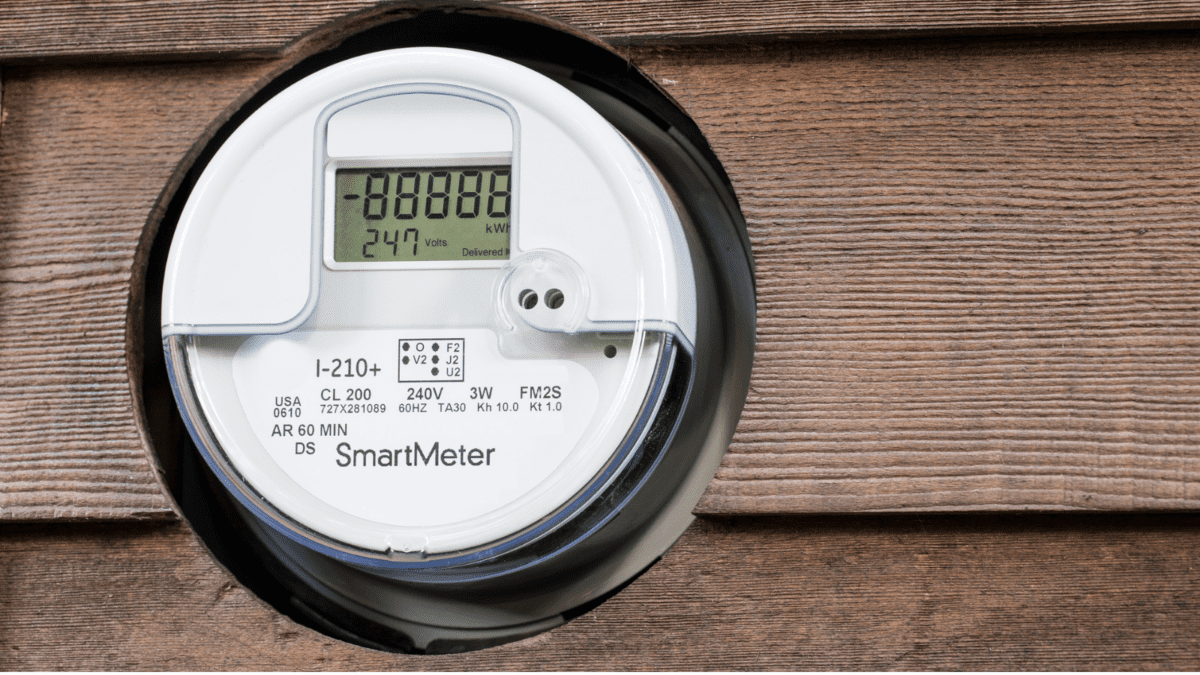Widowed women first in line for $US124 trillion wealth transfer
The intergenerational transfer of wealth from Baby Boomers and the Silent Generation has begun, and by the time it tapers off and younger generations carry more of the bequeathment burden, US$124 trillion ($195 trillion) will have changed hands.
While that astounding estimate from the US consultancy firm Cerulli Associates relates to the global market, the conclusions they draw from this wealth transfer will have implications for an Australia that is undergoing a similar experience, albeit on a much smaller scale with the Productivity Commission estimate being $3.5 trillion changing hands by 2050.
The role of financial advisers in this wealth transfer will be critical. And, in Australia, it’s happening at a time when there is a dearth of advisers, a situation finally recognised by the government that is in the process of supplementing the professional advice industry with low-cost alternatives, namely superannuation funds and other institutions.
How this evolving advice industry copes with this unprecedented wealth transfer is yet to be seen. Will this new cohort of financial advisers have the necessary skills, experience and industry knowledge to make sound decisions for their clients on what will often be complex family situations?
Cerulli estimates that of the $US124 trillion set to change hands, $US105 trillion ($165 trillion) will go to heirs while $US18 trillion ($28 trillion) will go to charities. And more than half of the total will come from high net worths and ultra-high net worths.
Another factor that is often overlooked in Australia is that almost half of the intergenerational transfer won’t even be intergenerational; it will be horizontal or intra-generational because it will be passed on to spouses.
With women having longer life expectancy around the world (in Australia it’s 85.3 years for women compared with 81.2 years for men), it’s also expected that the proportionate wealth of females will increase as they benefit from horizontal wealth transfers.
“Nearly $US40 trillion ($63 trillion) of these spousal transfers will be going to widowed women in the Baby Boomer and Silent Generation, creating a massive need, and opportunity, for financial advisers across the wealth and asset management spaces,” Cerulli notes in its US High-Net-Worth and Ultra-High-Net-Worth Markets 2024 report.
That wealth will filter down to Gen X recipients, initially, before Millennials take up the greater share. In the next decade Millennials will receive $US8 trillion ($13 trillion) while Gen X gets $US14 trillion ($22 trillion). Over 25 years, however, Millennials will inherit $US46 trillion ($72 trillion).
“Eventually, most of the wealth owned by older generations in the US will be either donated or passed down to Gen X or Millennial heirs,” Chayce Horton, Cerulli senior analyst, says. “With $US85 trillion ($133 trillion) to be passed down to these generations collectively, advisers that can establish relationships with, and adequately address the needs of, these younger investors will be well positioned for success.”
While the US advice market isn’t analogous to Australia’s, the breadth of the intergenerational wealth transfer means the focus on more than one generation is a global theme.
In Australia, the new class of advice being set up by Treasury could provide an avenue for advice firms to provide extra services to family members of clients at a price they can afford to pay at a stage of their lives were paying off a mortgage and children’s education are the main priorities.
It will also heavily depend on the quality of this advice and whether it is fit for purpose. As Horton observes of the US market, there are notable differences in service and product preferences among women and next-generation clients compared with current client demographics, and as wealth moves, these differences are likely to shift market share in favour of advice firms that are best prepared to meet the needs of those recipients. It will be no different in Australia.
One final point. It’s worth remembering Australia did have a low-cost advice industry and the financial scandals emanating from that model was a key reason why the Royal Commission into Misconduct in the Banking, Superannuation and Financial Services Industry was established. With $3.5 trillion at stake, let’s hope history does not repeat itself.









